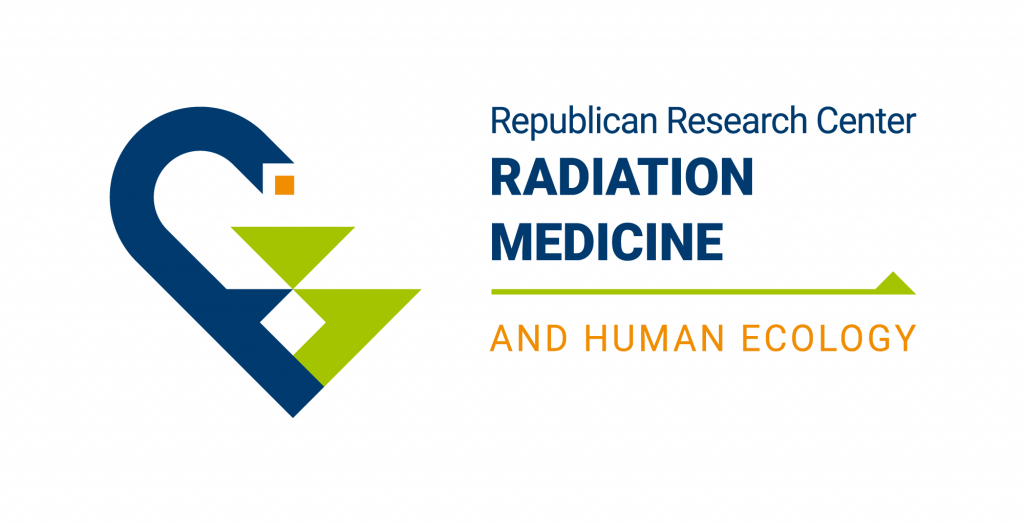Allergology & Immunopathology
Clinical immunology is a clinical and laboratory discipline that deals with the examination, diagnosis and treatment of patients with diseases or pathological processes that develop as a result of impaired immune mechanisms, as well as those cases where immunological manipulations are an important part of therapy and / or prevention.
RRCRM&HE conducts an outpatient appointment with an allergist-immunologist and provides inpatient medical care in the inpatient department of Allergology & Immunopathology. The modern clinical diagnostic laboratory has first-class medical equipment, highly qualified specialists who will help to identify the cause of allergic pathology or a damaged part of the immune system in the shortest possible time.
The Center provides diagnostic and therapeutic assistance to patients with the following diseases:
Primary and acquired immunodeficiencies:
Primary (congenital) immunodeficiencies are most often subdivided into immunodeficiencies with a predominance of antibody defects; combined immunodeficiencies; immunodeficiencies associated with other significant defects; common variable immune deficiency; complement deficiencies; phagocyte dysfunction. The pathology of local immunity and minor or compensated anomalies of the immune system are also distinguished.
Our specialists take part in scientific programs related to the study of long-term effects of low-dose radiation on the human immune system, immune rehabilitation of frequently and long-term ill children, the effectiveness of immunocorrective therapy for recurrent infections, secondary immunodeficiencies.
- recurrent diseases of the upper respiratory tract more than 6-8 times a year, sinusitis more than 2 times a year;
- recurrent furunculosis, recurrent herpetic infection more than 4-5 times a year;
- history of more than 2 severe infectious processes (meningitis, osteomyelitis, sepsis, etc.);
- recurrent severe purulent and fungal lesions of the skin and internal organs;
- repeated prolonged episodes of diarrhea of unknown etiology;
- history of pneumonia 2 or more times during the year, confirmed by x-ray;
- persistent thrush or fungal infection of the skin in children older than 1 year;
- prolonged subfebrile condition;
- alopecia areata;
- ataxia-telangiectasia syndrome;
- growth retardation in child under the age of 1 year;
- the need for long-term antibiotic therapy to suppress the infection (2 months or more);
- a family history of established primary immunodeficiency or cases of death of children at an early age with a clinic of infectious diseases or an identified immunodeficiency state.
Acquired immunodeficiency states are associated with environmentally unfavorable effects, viral, bacterial infections, protozoal and helminthic invasions, serious illnesses, metabolic disorders, nutrition, and the influence of immunosuppressants; prolonged stress, etc. Clinical manifestations of immunological deficiency are infectious complications. Severe course of recurrent herpetic infection, furunculosis, pyoderma, frequent exacerbations of chronic sinusitis, chronic tonsillitis, chronic bronchitis, recurrent infection of the urinary system, ineffectiveness of standard therapy are characteristic of secondary immunodeficiency states.
Secondary immunodeficiency states:- recurrent bacterial infections of the skin and subcutaneous tissue (acne, pyoderma, abscesses, furunculosis, phlegmon, hidradenitis without exacerbation);
- recurrent viral infections of the skin (herpes of various localization with frequent exacerbations; viral warts, viral papillomas, molluscum contagiosum);
- recurrent infections of the respiratory tract and ENT organs (frequently and long-term acute respiratory viral infections, recurrent bronchitis, pneumonia; recurrent course of chronic tonsillitis, chronic sinusitis, chronic otitis, etc.);
- recurrent fungal lesions of the skin and mucous membranes, resistant to antifungal therapy;
- recurrent nonspecific lymphadenitis;
- leukopenia, unspecified.
Adults and children with immunodeficiency conditions are provided with the necessary advisory, diagnostic, and medical care at the RRCRM&HE. Today, we are able to identify the possible cause of immunodeficiency, carry out replacement therapy for agammaglobulinemia, restore the normal functioning of the immune system in secondary immunodeficiency states.
Allergopathology
Up to 50% of the population of our planet suffers from allergies in one form or another. Often, the condition of a patient with an allergy requires qualified, quick and effective help. The clinical diagnostic laboratory of the RRCRM&HE has the most modern equipment for the diagnosis of allergic diseases, which allows to identify the allergen. Highly qualified allergists-immunologists will help to eliminate or minimize the impact of the allergen on the patient using symptomatic or specific therapy, efferent therapy.
- pollinosis
- allergic rhinitis
- bronchial asthma
- atopic dermatitis
- contact dermatitis
- chronic urticaria
- angioedema
- food allergy
- drug allergy.
Allergological anamnesis (individual and family), determination of general and specific IgE, detection of eosinophilia during evaluation of hemogram and smears are important in the diagnosis of allergic diseases.
In the case of a severe course of the disease or ineffectiveness of outpatient diagnostic and treatment measures, the allergist-immunologist refers the patient to an inpatient examination and treatment in the Allergology & Immunopathology Department.
Our specialists:
Inpatient Department:
Andrey Salivonchik, PhD in Biology, allergist-immunologist (Head of the department), higher qualification category
Natalya Kadochkina, PhD in Medicine, therapist, higher qualification category
Oksana Romaniva, PhD in Medicine, allergist-immunologist, first qualification category
Maria Dugina, allergist-immunologist (pediatric wards), highest qualification category
Ekaterina Tikhonova, allergist-immunologist (pediatric wards), first qualification category
Elena Svistunova, nephrologist, higher qualification category
Elena Rodina, PhD in Medicine, therapist, higher qualification category, candidate of medical sciences
Outpatient department:
Natalya Plotnikova, allergist-immunologist, highest qualification category
Olga Serdyukova, allergist-immunologist, highest qualification category
Yulia Bystrenkova, allergist-immunologist for children, the highest qualification category
